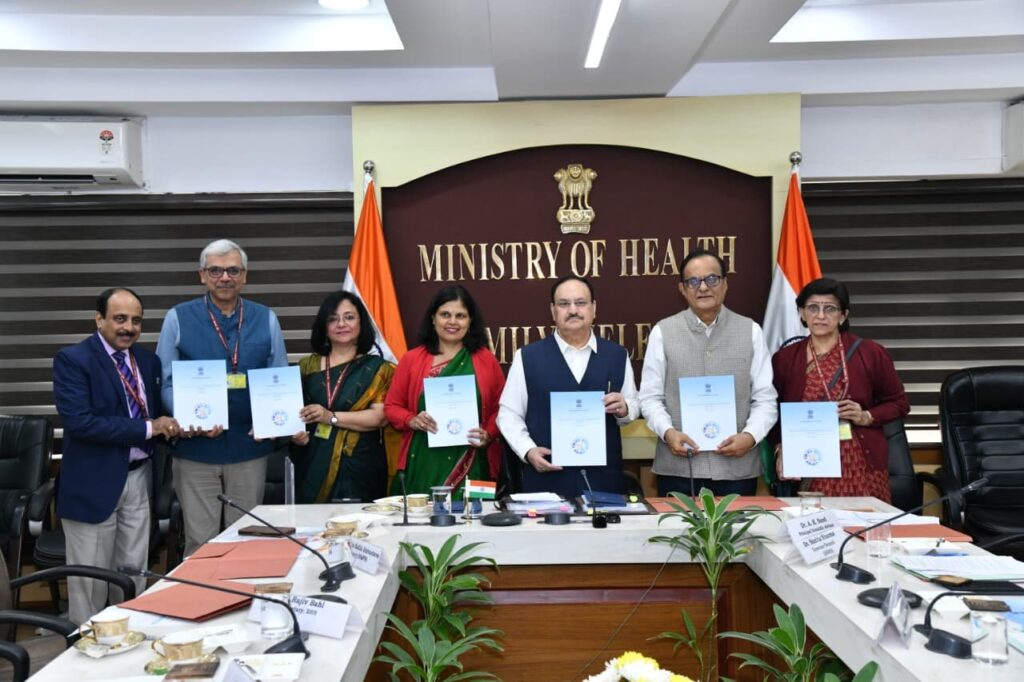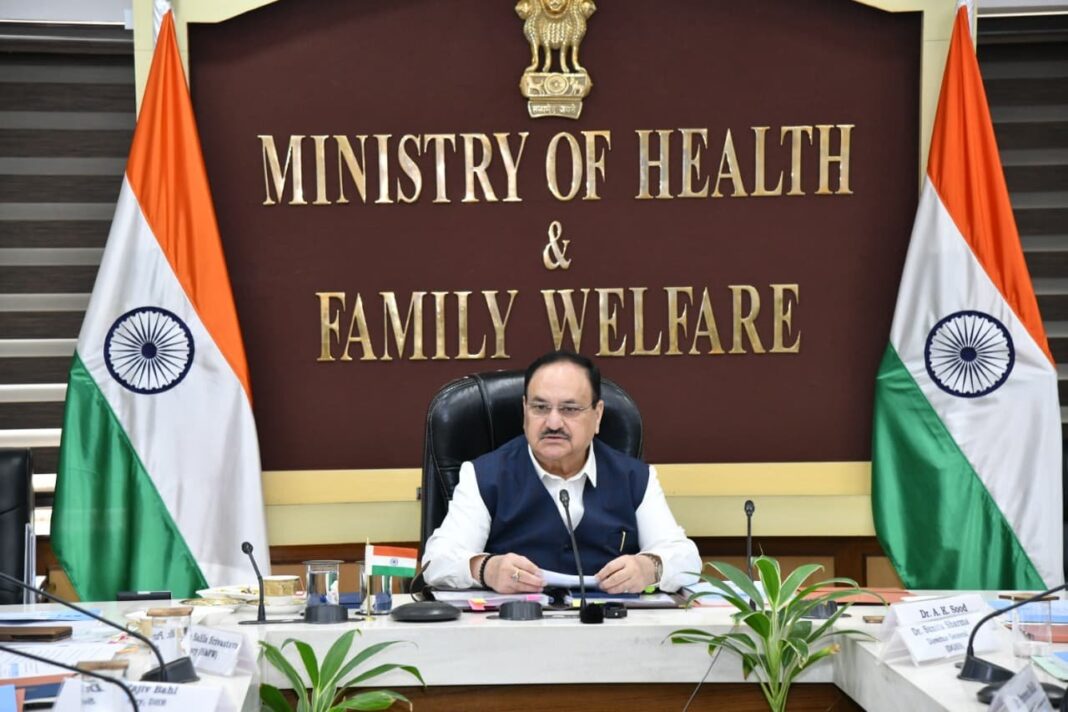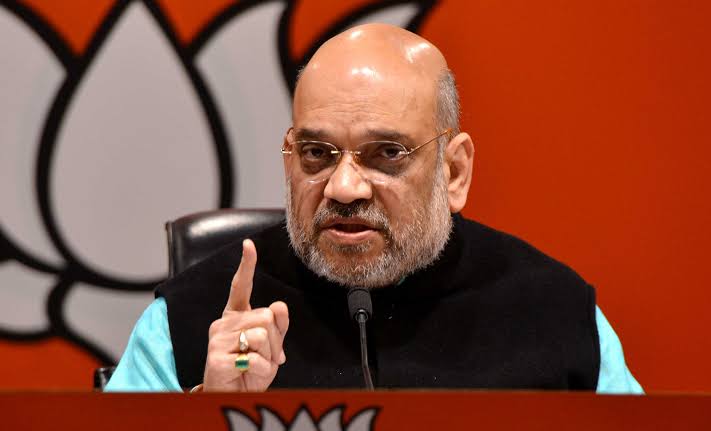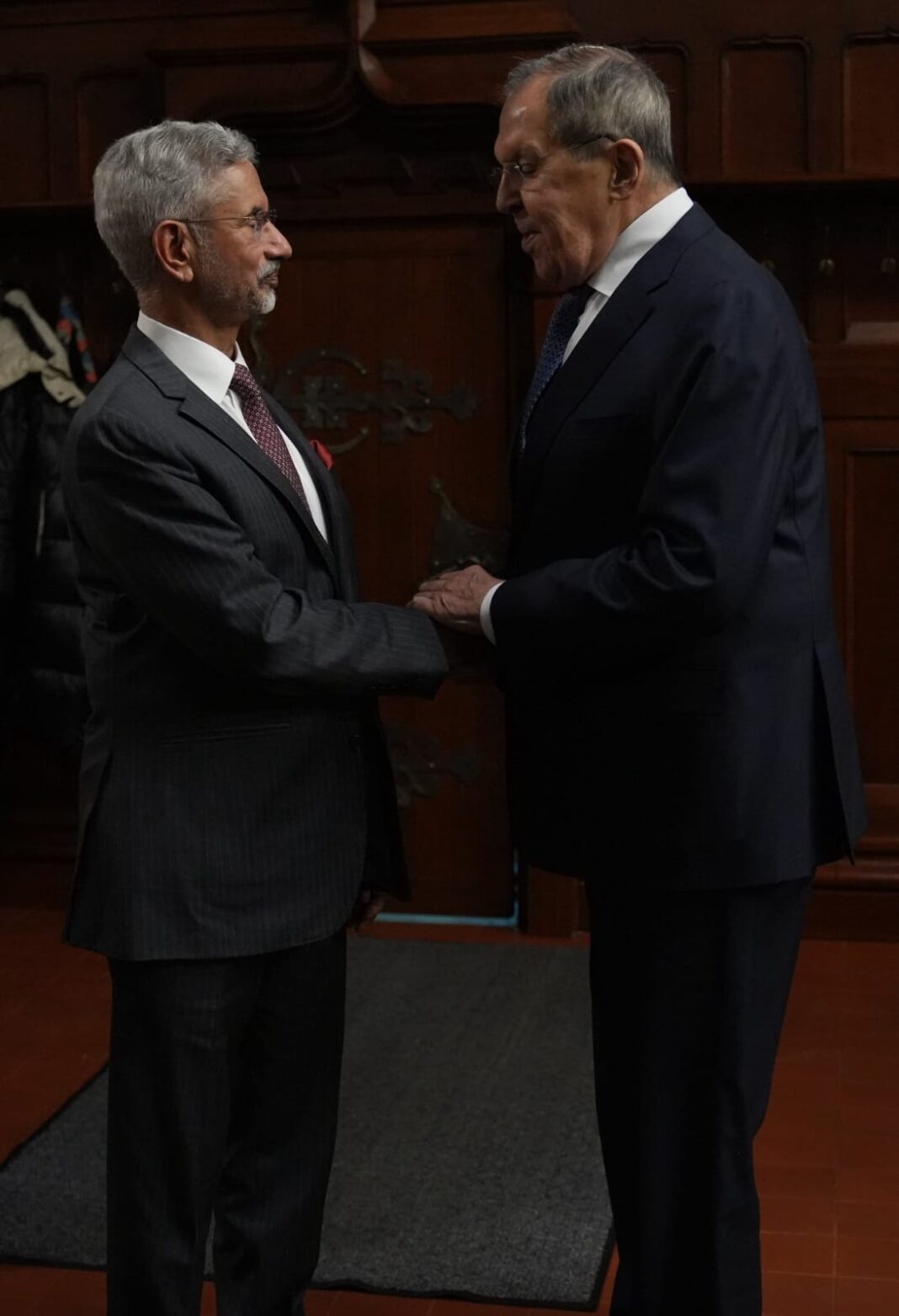Health Minister launches comprehensive 2025–2029 action plan in New Delhi, prioritizing surveillance, stewardship, and multi-sectoral collaboration to safeguard public health from rising superbug threats
Published on: November 18, 2025
By: BTNI
Location: New Delhi, India
In a decisive move to fortify India’s defenses against one of the world’s most pressing health crises, Union Health Minister Dr. J.P. Nadda today launched the National Action Plan on Antimicrobial Resistance 2.0 (NAP-AMR 2.0) for 2025–2029. The initiative, rolled out under the Ministry of Health and Family Welfare (MoHFW), adopts a robust “One Health” approach—integrating human, animal, and environmental health sectors—to combat the escalating threat of antimicrobial resistance (AMR).
AMR, often dubbed a “silent pandemic,” occurs when bacteria, viruses, fungi, and parasites evolve resistance to antimicrobial drugs, rendering common infections untreatable and routine surgeries risky. With India bearing a significant global burden—estimated to contribute over 700,000 deaths annually due to resistant infections—the new plan builds on the foundational NAP-AMR 2017–2021, addressing gaps in implementation and incorporating lessons from global best practices. “This is not just a policy document; it’s a call to action for every stakeholder—from farmers to physicians—to preserve the miracle of antibiotics for future generations,” Dr. Nadda stated during the launch event at the Vigyan Bhawan, attended by senior officials from health, agriculture, environment, and animal husbandry ministries.

The NAP-AMR 2.0 outlines five strategic pillars: enhancing awareness and education on rational antimicrobial use; bolstering surveillance and research through a national AMR network; promoting antimicrobial stewardship in hospitals and communities; fostering innovation in diagnostics, vaccines, and alternatives; and strengthening governance for cross-sectoral coordination. Key highlights include the expansion of the Indian Antimicrobial Surveillance Network (IASN) to all 75,000 health facilities by 2027, mandatory AMR modules in medical and veterinary curricula, and incentives for industries to develop eco-friendly antimicrobial alternatives.
The plan also commits to reducing antimicrobial residues in agriculture by 50% through regulated veterinary use and environmental monitoring of wastewater hotspots. A landmark feature is the establishment of a dedicated AMR Fund, seeded with ₹500 crore from the government, to support research and capacity-building. Collaborations with international bodies like the World Health Organization (WHO) and the Quad countries will facilitate technology transfer and data sharing.
“India’s leadership in this arena aligns with our G20 commitments and the UN’s Sustainable Development Goals. By 2029, we aim to halve unnecessary antibiotic prescriptions and cut AMR-related mortality by 20%,” added Dr. Nadda, emphasizing the plan’s alignment with the WHO’s Global Action Plan on AMR.
Also read- https://www.btnewsindia.com/farmers-express-joy-as-paddy-procurement-begins-for-kharif-marketing-year-2025-26-in-rajnandgaon/ https://www.btnewsindia.com/demand-rises-for-new-state-level-award-to-promote-music-and-dance-education-in-chhattisgarh/
Experts hail the launch as timely, given recent spikes in multidrug-resistant tuberculosis and hospital-acquired infections post-COVID. The initiative also integrates digital tools, such as a national AMR dashboard for real-time tracking, and community campaigns to curb over-the-counter antibiotic sales—a persistent challenge in India. With active involvement from states like Kerala and Tamil Nadu, which have piloted successful stewardship programs, the NAP-AMR 2.0 is poised to set a benchmark for low- and middle-income countries.
As the world grapples with superbugs claiming 1.27 million lives yearly, India’s NAP-AMR 2.0 signals a proactive, holistic fightback, underscoring the nation’s resolve to turn the tide on AMR through science, policy, and collective will. Implementation will commence immediately, with annual progress reviews mandated at the highest levels.




